
Which Type Of Materials Can You Use To DIY Your Travel Kettle?
Every travel kettle is a potential canvas waiting to be transformed into a piece that not only brews your favorite drinks but also showcases your
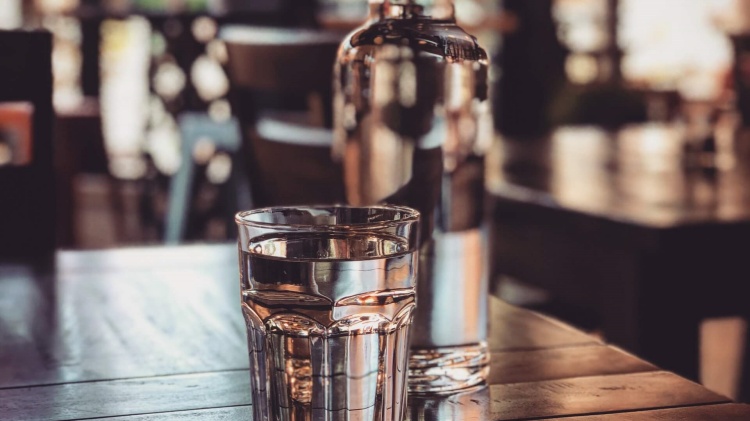
In this guide, we explore the dynamic between the modern commercial water boiler, often recognized as an instant hot water dispenser, and the traditional kettle. This guide is particularly relevant for settings like office kitchens, common areas, event spaces, reception areas, and canteens, where the choice between a plumbed-in hot water dispenser and a kettle can significantly impact both productivity and operating costs.
Although water boilers and kettles may initially seem comparable in terms of energy consumption, the true efficiency and cost-effectiveness of your organization will largely depend on usage patterns. The guide delves into how a water boiler, while having a higher upfront cost, tends to become more economical with increased use.
Additionally, it addresses other critical factors in this comparison, such as the substantial time saved with a water boiler when it comes to the constant need for hot water, be it during a busy daytime schedule or a night shift. This comprehensive analysis aims to provide insightful information to aid in making a well-informed decision suitable for your specific needs.
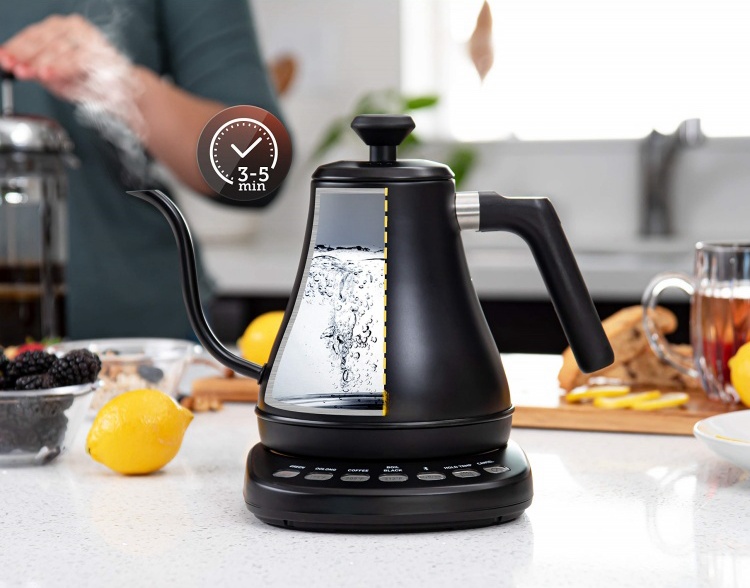
The continuous supply offered by water boilers ensures instant access to hot water, eliminating the wait times typically associated with the intermittent supply from kettles. This constant availability streamlines tasks and enhances overall efficiency in busy settings.
Commercial boilers are plumbed directly into the building’s water supply and heating system. This enables them to deliver a rapid and unlimited supply of freshly heated water on demand without needing to wait for refills or reboiling. Staff and guests can quickly get hot water for beverages, cleaning and more with minimal waiting.
Boilers heat water in internal tanks that range from 3 gallons to over 100 gallons. Larger models easily sustain continuous water draws for hours without supply disruption. Smaller under-counter models have quick recovery times under 10 minutes to restore tank capacity. This ensures abundant hot water continually.
Electric kettles can only heat a single batch of water at a time, usually 1.5 quarts at most. Staff then have to manually refill and reboil the kettle every few cups consumed. This interrupts workflows and causes inconvenient waits of 5-7 minutes during busy periods. Electric kettles cannot support sustained usage beyond a few sporadic demand peaks daily.
While water boilers require a higher initial investment, they offer significantly lower operating expenses over time, leading to a rapid break-even point compared to kettles. This cost-effective dynamic makes boilers an attractive long-term solution for frequent hot water needs.
The upfront purchase and installation cost of a commercial boiler system ranges from $2000 to $7000 depending on capacity and features. Purchasing electric kettles for an equivalent output allows for a lower initial investment of $500 to $1500. However, commercial boilers become 85-90% energy efficient the more frequently they are used. This pays back the initial investment in under 2 years in most cases by greatly cutting electricity, maintenance and replacement costs.
Let’s compare the lifecycle costs of serving 150 cups of hot beverages daily:
| Cost Type | Commercial Boiler | Electric Kettle |
| Initial Hardware Cost | $5,000 | $800 |
| Electricity Consumed Annually | $950 | $1,200 |
| Maintenance & Repairs Over 5 Years | $750 | $2,000 |
| Total Lifecycle Cost Over 5 Years | $7,700 | $5,000 |
The example above illustrates total lifecycle costs for electric kettles exceeding that of a commercial boiler system within 5 years when meeting high daily demand. The costs break-even within 2 years as boilers optimize energy and operations. Beyond the break-even point, commercial boilers continue providing substantial cost-savings year after year.
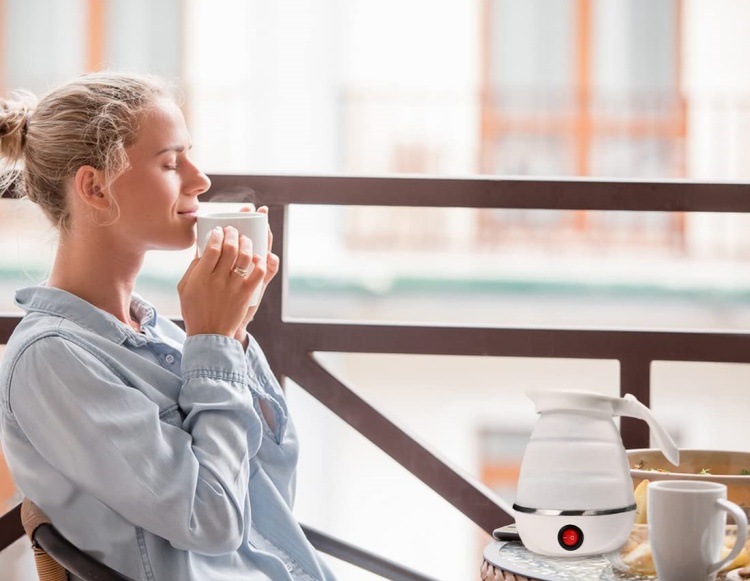
Let’s analyze two practical scenarios to demonstrate the quantitative benefits of using commercial boilers over electric kettles.
A 100-room hotel needs to serve 300 cups of coffee and tea in the lobby, breakfast area and rooftop lounge daily. Using a high-capacity 45-gallon commercial boiler amortized over 10 years, they spend $423 a year powering the boiler and water heating.
In contrast, fulfilling the same demand via electric kettles would require 10 reboil cycles involving 50 kettles daily. This would cost $1138 per year – 2.7 times more than the boiler – for the same result! The boiler pays back its capital cost in under 16 months while cutting operating costs and guest wait times.
A 500-employee corporate office needs 100 gallons of hot water daily for pantries, restrooms and cleaning. A NAHA-certified 97% efficient boiler costs $1728 per year to operate. 30 electric kettles rated at 70% efficiency deployed across multiple floors would cost $2556 per year – a 48% premium!
The additional costs and carbon emissions are avoided by installing a properly sized inline boiler system amortized over a decade. This sustains continuous flow in line with green building standards.
Commercial boilers are engineered for maximum energy efficiency during operation and standby states. This minimizes carbon emissions linked to fossil fuels used in electricity generation. Boilers also conserve water via recycling loops while meeting safety and compliance standards.
Conversely, electric kettles have lower purchase costs but need to heat up small water batches repeatedly throughout the workday. This leads to a substantially larger carbon footprint over time. For organizations focused on environmental responsibility, commercial boilers enable superior sustainability.
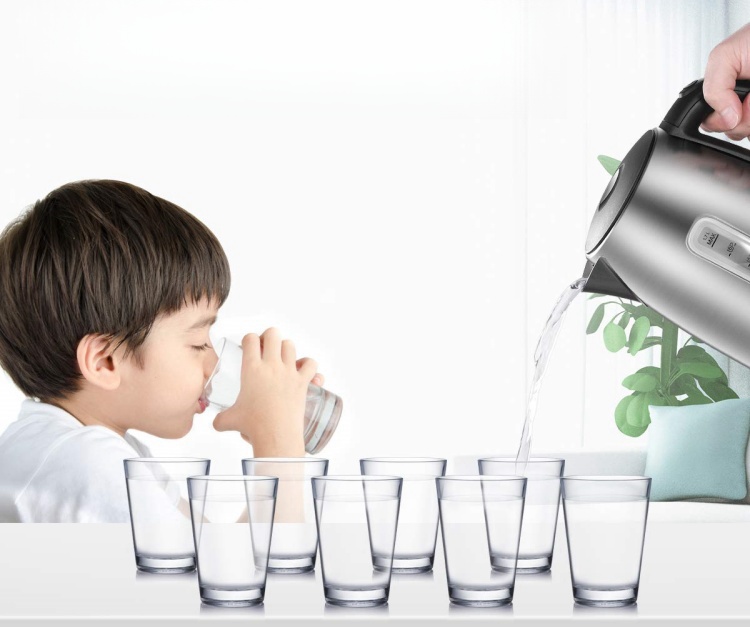
For hospitality, healthcare, corporate offices and retail settings needing over 50 gallons of hot water daily, usage of quick-recovery and energy-efficient commercial boilers is strongly recommended over electric kettles. Though involving a higher initial investment, commercial boilers provide unmatched reliability alongside operational, cost and environmental optimizations. They streamline hot water supply sustainably for years after breaking even on costs within 2 years in most cases.


Every travel kettle is a potential canvas waiting to be transformed into a piece that not only brews your favorite drinks but also showcases your

When you think of customizing your travel tea kettle, the idea of adding LED lights probably isn’t the first thing that comes to mind. However,

Every travel kettle enthusiast knows the pain of a lukewarm cup of tea or coffee. It’s like expecting a hug and getting a handshake. But
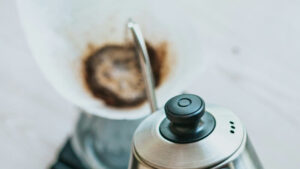
There’s something uniquely comforting about enjoying a hot cup of tea while on the road, but keeping your travel tea kettle warm and protected can

Every travel kettle is a potential canvas waiting to be transformed into a piece that not only brews your favorite drinks but also showcases your

When you think of customizing your travel tea kettle, the idea of adding LED lights probably isn’t the first thing that comes to mind. However,

Every travel kettle enthusiast knows the pain of a lukewarm cup of tea or coffee. It’s like expecting a hug and getting a handshake. But

There’s something uniquely comforting about enjoying a hot cup of tea while on the road, but keeping your travel tea kettle warm and protected can
Copyright © 2024 brewgotravelkettle. All Rights Reserved.